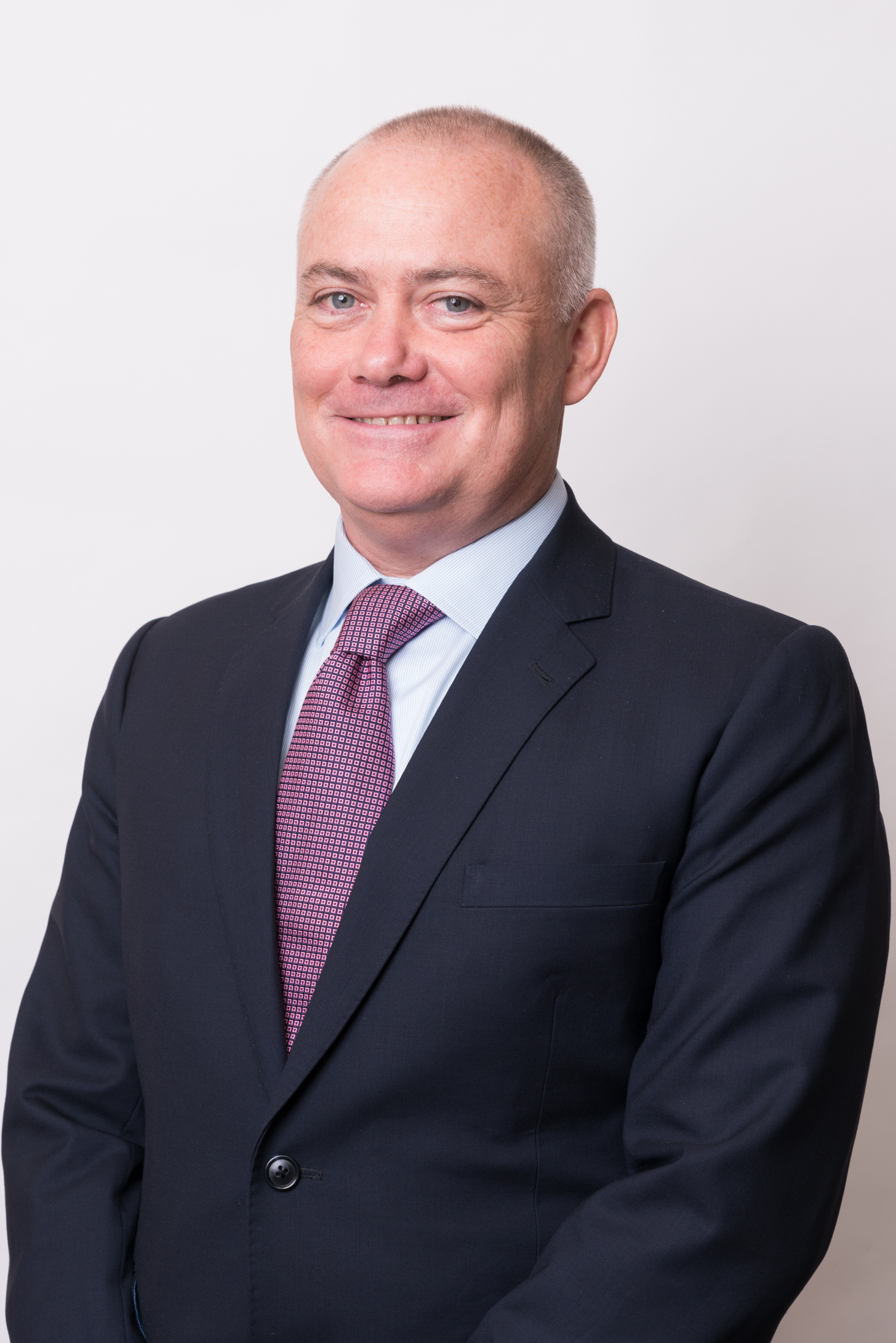Indonesia’s corruption watchdog enters the political fray
by Christopher Leahy, ACGA
As Indonesia counts down to its next Presidential election in February 2024, signs are emerging of politicization within the country’s anti-graft agency, writes Chris Leahy, ACGA Specialist Advisor for Southeast Asia.
The once-famed independence of Indonesia’s Anti-Corruption Commission, known by its local acronym, the KPK (Komisi Pemberantasan Korupsi, or the Corruption Eradication Commission) was systematically circumscribed by President Joko Widodo’s second-term administration which began in June 2021. Concerns raised in September 2021 during ACGA member briefings played out to form, and by January 2022 political interference in the KPK’s operations was palpable (see our blog at the time).
It now appears to be the turn of the KPK to enter the political fray, with local press and market analysts finding much to write about as internal struggles involving key players at the KPK cross political lines.
One such example involves KPK Chair and former Police General, Firli Bahuri, and other KPK commissioners and senior officers. According to local sources, KPK commissioner Nawawi Pomolango, a former judge, openly criticized Bahuri after the latter made an unscheduled and unannounced visit alone to a suspect under investigation by the KPK—former Papua Governor Lukas Enembe. After the secret visit became public, Pomolango told local reporters, “Only Pak Firli knows what promises were whispered to the suspect.”
In a separate case, Bahuri is believed to be targeting former Jakarta Governor, Anies Baswedan for corruption. According to sources within the KPK, Bahuri is pushing the case against Baswedan and seeking to have Baswedan formally named a suspect in alleged corruption concerning high commitment fees charged to Jakarta to hold the 2022 Jakarta Formula E race. This is despite claims from existing and former KPK investigators that no evidence of corruption was found in the preliminary investigation of the event.
KPK Director for Prosecutions, Fitroh Rohcahyanto resigned in February 2023 mid-way through his five-year term. Former KPK Deputy Chair, Bambang Widjojanto claimed in local press that Rohcahyanto resigned to maintain his personal integrity, a claim the KPK denied.
Analysts claim that Bahuri is determined to embroil Baswedan in a corruption investigation to discredit his likely run for President in the next general election. Baswedan is regarded as a popular and formidable opponent to Widodo and his political allies, notably Widodo’s likely anointed successor, Central Java Governor, Ganjar Pranowo.
The running feuds within the KPK suggest that its independence has eroded considerably further since Widodo’s intervention began in 2019. Whether Bahuri succeeds or fails in his campaign to discredit a future Presidential candidate of his own political patron will reveal much about the ability of the KPK to continue to function as a credible deterrent to Indonesia’s endemic corruption. In the latest Corruption Perception Index (CPI) published in January, Indonesia’s score dropped to 34 in 2022 from 38 in 2021, placing it in 110th place out of 180 countries surveyed. When Widodo became President in 2014, Indonesia’s score was 34, 107th out of 175 countries then surveyed.
Download File Disclaimer
In addition to the ACGA website disclaimer access to the "Members' Area" of the ACGA website is subject to the general disclaimer and content attribution statements below.
General Disclaimer
By logging into our Members' Area you acknowledge that all materials displayed on the site or made available for download are for the exclusive use of ACGA members. You may not share the content with parties outside of your organisation.
Content Attribution
The copyright ownership of all material on our website belongs to ACGA. Should you wish to use any materials in the course of your corporate research, including directly quoting or paraphrasing sections, reprinting, reproducing or the like, we request that you give proper acknowledgement to ACGA and share a copy with us. Please email irina@acga-asia.org.


